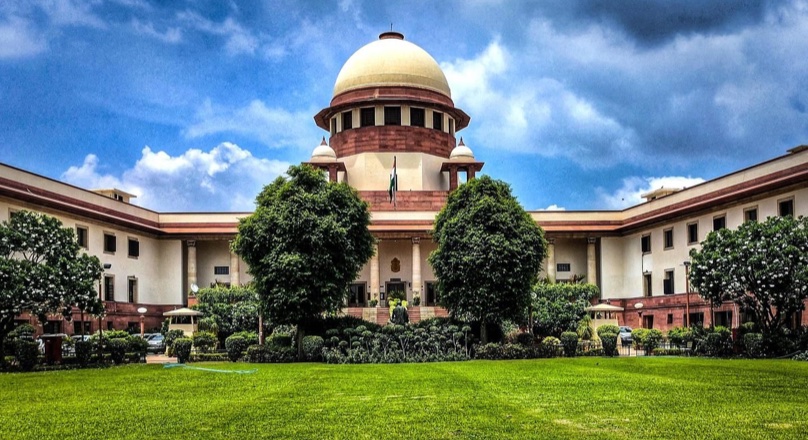A Special Leave Petition (SLP) has been moved in the Supreme Court challenging the verdict of the Allahabad High Court dated March 22, 2023, which declared the ‘UP Board of Madarsa Education Act 2004’ as unconstitutional. The petition, filed by Anjum Kadari and others, argues that the High Court erred in its judgment and did not consider important arguments presented by the Bar.
The petition, drafted by Advocate Pradeep Kumar Yadav and filed through AOR Sanjeev Malhotra, alleges that the High Court’s order was arbitrary and addressed issues that were not raised by the petitioner before the High Court. It contends that the High Court’s decision was based on flawed reasoning and overlooked key legal principles.
The Allahabad High Court, in its verdict, held that a secular state cannot establish a board for religious education or promote education associated with a particular religion or philosophy. The division bench, comprising Justice Vivek Chaudhary and Justice Subhash Vidyarthi, emphasized the state’s duty to provide secular education to all children and ruled against the constitutionality of the ‘UP Board of Madarsa Education Act 2004’.
The SLP seeks the Supreme Court’s intervention to review the Allahabad High Court’s decision and uphold the legality of the ‘UP Board of Madarsa Education Act 2004’. The outcome of the petition will have significant implications for the regulation of madarsas and educational policies in Uttar Pradesh, underscoring the importance of the legal challenge.
“Since providing education is one of the primary duties of the State, it is bound to remain secular while exercising its powers in the said field. It cannot provide for education of a particular religion, its instructions, prescriptions and philosophies or create separate education systems for separate religions. Any such action on the part of the State would be violative of the principles of secularism, which is part of the basic structure of the Constitution of India…Such an action on the part of the State is not only unconstitutional but also highly divisive of the society on religious lines,” the Court had remarked.
In its verdict, the Allahabad High Court emphasized the significance of the basic structure of the Constitution, particularly the principle of secularism, which it deemed as a core element. The court highlighted that any legislative act of a state that violates this fundamental principle is liable to be struck down.
In the case of the ‘UP Board of Madarsa Education Act 2004’, the court found it to be in contravention of the principles of secularism enshrined in the Constitution of India. Additionally, the court concluded that the education provided under this act was also violative of Articles 21 and 21A of the Constitution.
Article 21 guarantees the right to life and personal liberty, while Article 21A ensures the right to education for all children between the ages of 6 and 14. By deeming the Madarsa Act as violative of these constitutional provisions, the court underscored the importance of providing secular and inclusive education to all citizens, regardless of their religious affiliations.
This interpretation by the Allahabad High Court underscores the critical role of secularism in the constitutional framework of India and affirms the state’s obligation to ensure equal access to quality education for all its citizens.



